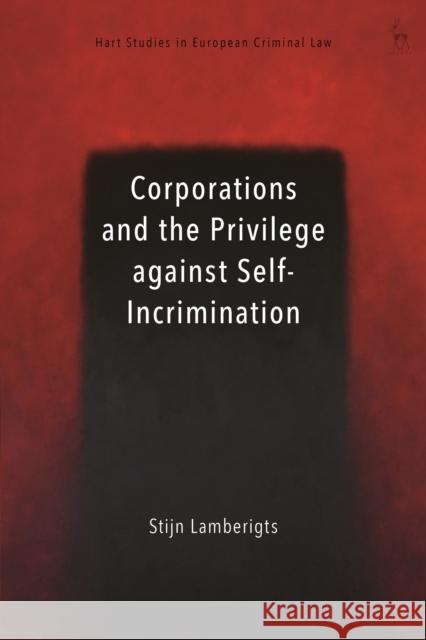Corporations and the Privilege Against Self-Incrimination » książka
topmenu
Corporations and the Privilege Against Self-Incrimination
ISBN-13: 9781509953318 / Angielski / Twarda / 2022 / 368 str.
Corporations and the Privilege Against Self-Incrimination
ISBN-13: 9781509953318 / Angielski / Twarda / 2022 / 368 str.
cena 447,98
(netto: 426,65 VAT: 5%)
Najniższa cena z 30 dni: 411,22
(netto: 426,65 VAT: 5%)
Najniższa cena z 30 dni: 411,22
Termin realizacji zamówienia:
ok. 30 dni roboczych.
ok. 30 dni roboczych.
Darmowa dostawa!
Kategorie:
Kategorie BISAC:
Wydawca:
Hart Publishing
Seria wydawnicza:
Język:
Angielski
ISBN-13:
9781509953318
Rok wydania:
2022
Numer serii:
000789328
Ilość stron:
368
Oprawa:
Twarda
Wolumenów:
01
Dodatkowe informacje:
Bibliografia
Obwoluta
Obwoluta











